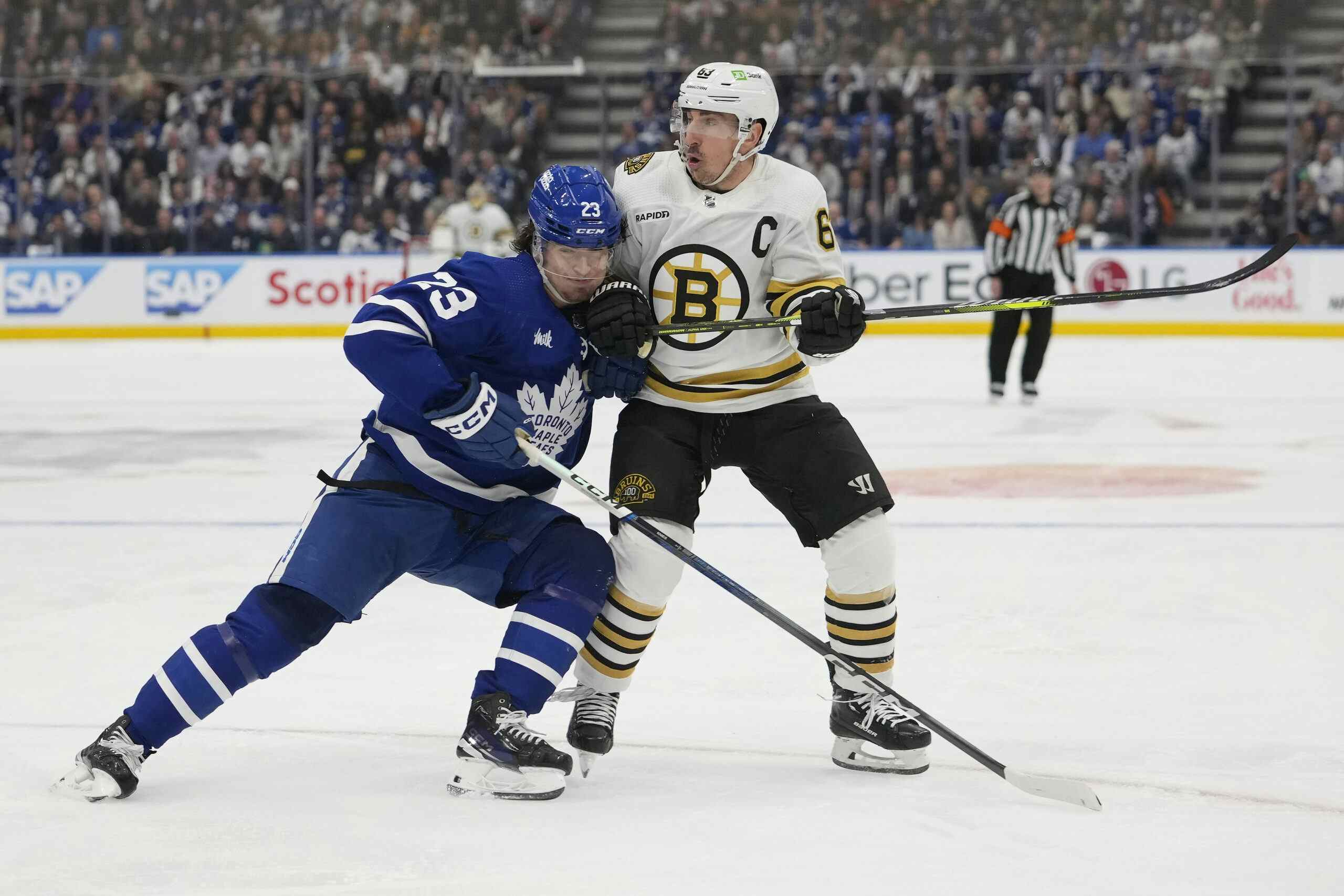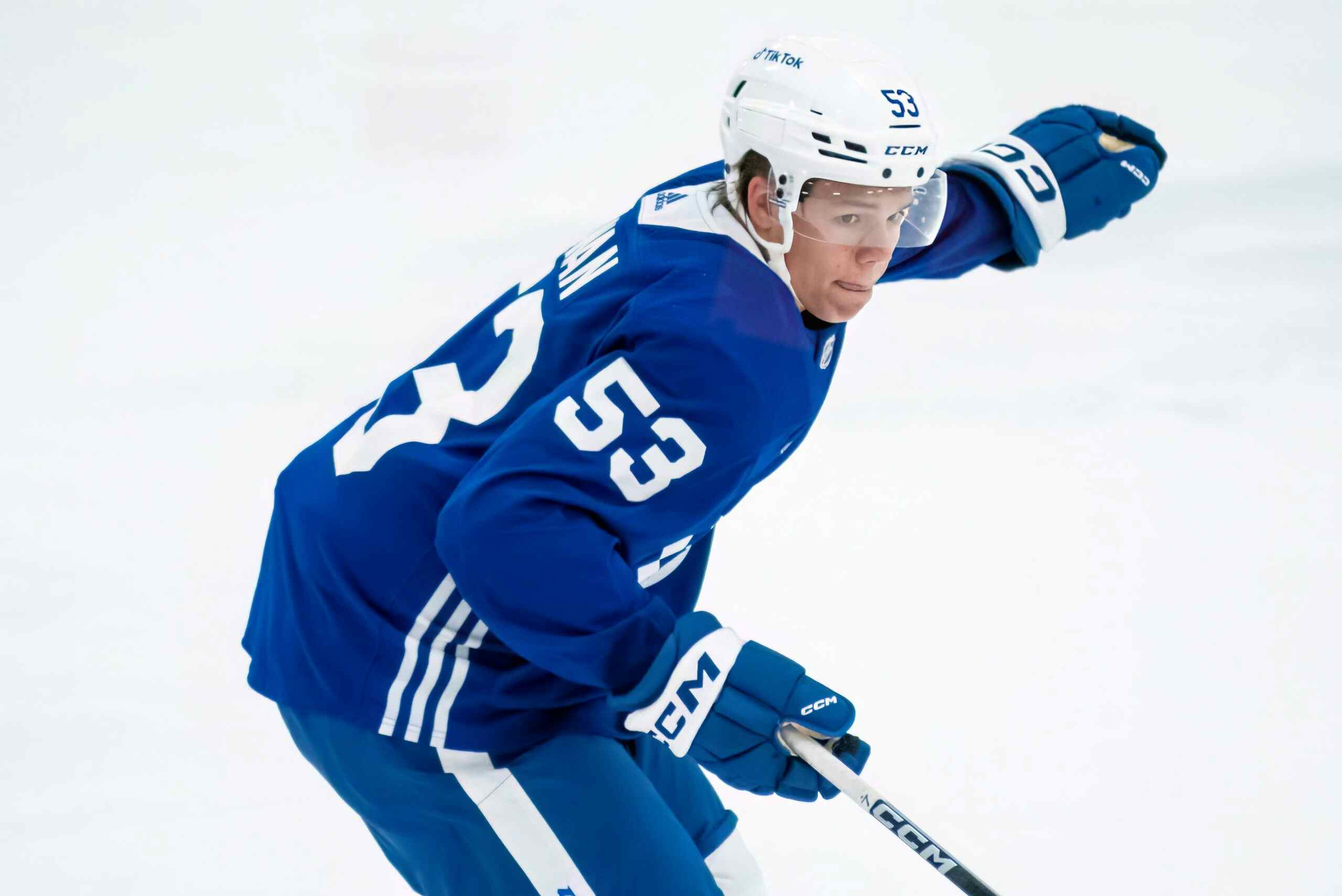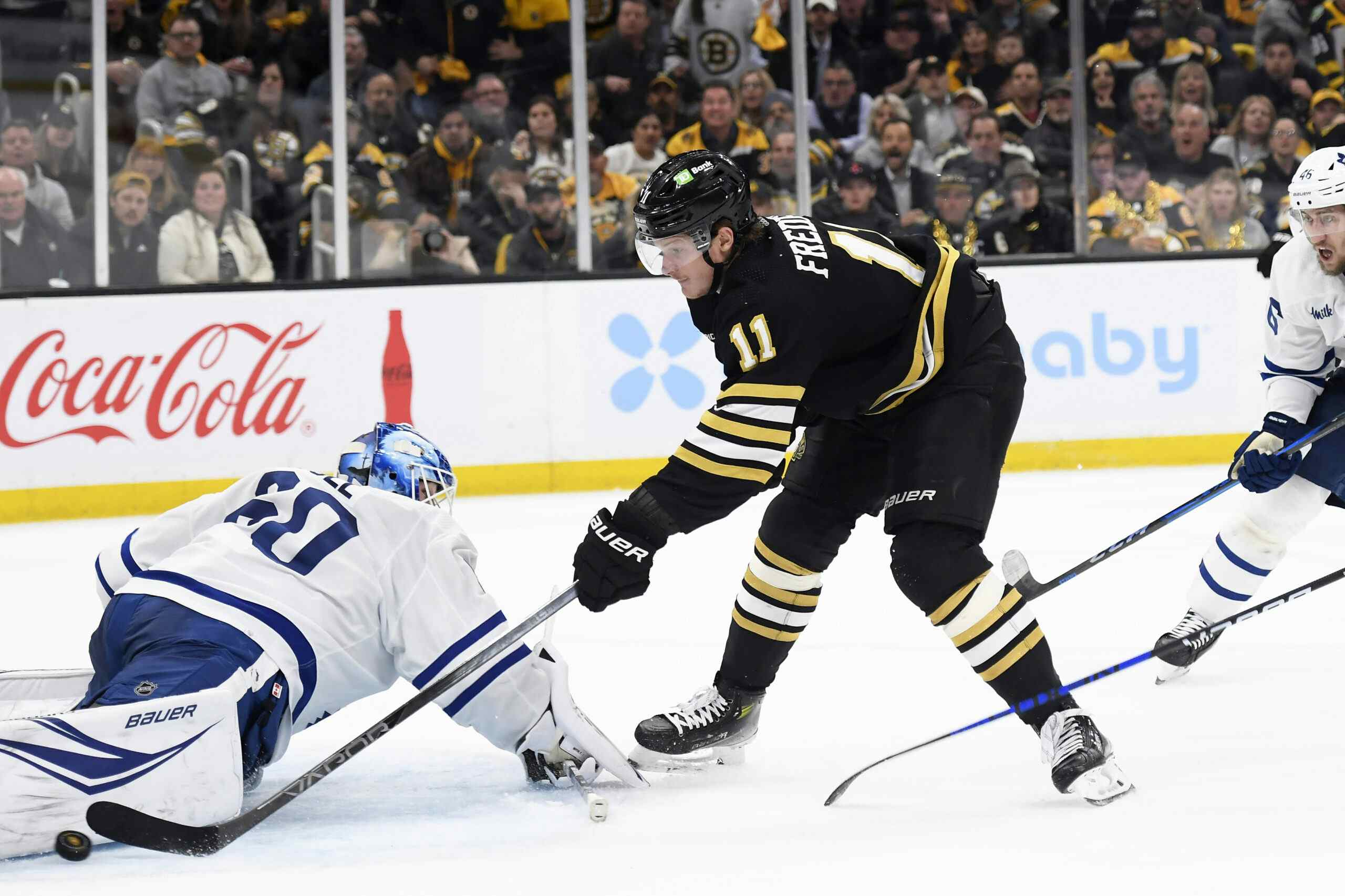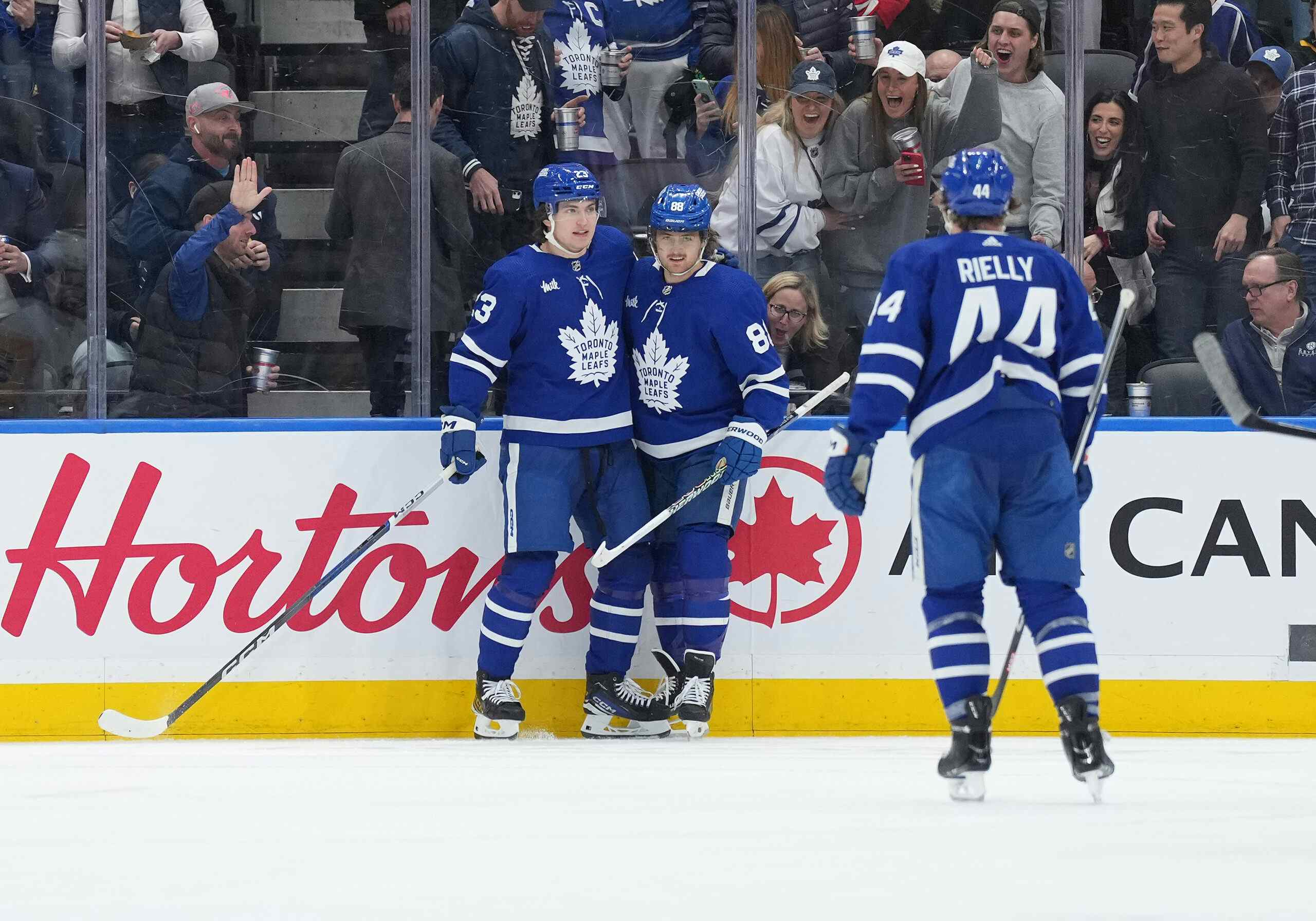Babcock’s goal for the Leafs is to ‘Make the organization proud of us’ but what does that mean?

Photo Credit: Kevin Hoffman/USA TODAY Sports
The best result for the Toronto Maple Leafs this season, in my view, would be to end the season with good lottery odds.
No one in professional hockey likes to lose though, and that’s especially true of uber-competitive executives and coaches like Mike Babcock, Brendan Shanahan and Lou Lamoriello. ‘Likes’ may not factor into it for a Maple Leafs team that is expected – based solely on their personnel – to struggle to both score and defend adequately this season.
So what’s Babcock’s big picture goal for the season? It’s not the playoffs, and it’s clearly not to bottom out. No, according to the league’s best paid bench boss the Maple Leafs’ goal for this upcoming season is something much vaguer and more ephemeral:
Added Babcock, “I like to be proud when I leave the rink.”
There wasn’t a lot of pride in Leafsland last season. From salutegate through to TSN Twitter-tickergate to “this guys such an ass-hole”gate, to the club wishing Phil Kessel well, and telling him not to late the gate hit him on the way out. Surely there’s only one way for things to go.
There are both external and internal pressures to be contended with though. Even though the club sent William Nylander, easily one of their six most dynamic offensive fowards, to the American League, this organization isn’t behaving in a way that would imply that they’re tanking. Babcock, Lamoriello and Shanahan surely wouldn’t have it anyway, and at least one half of the ownership wouldn’t be too happy either.
From David Shoalts’ Globe & Mail piece on the impact the Maple Leafs’ struggles are having on Rogers, a part owner of the club and the NHL’s Canadian broadcast rights holder (full disclosure, I work for Sportsnet.ca on a contract basis):
One Rogers employee, who spoke on the condition of anonymity because the information was not for public consumption, said the average television ratings for Leafs broadcasts fell by 60 per cent from the start of the season, when 2,024,500 viewers watched them play the Montreal Canadiens on opening night.The number of viewers dipped as low as 121,000 (April 8, versus the Columbus Blue Jackets) for adults ages 25 to 54, the most prized demographic for advertisers. But the Leafs’ viewers did come back for games with their top rival, as 2.3 million watched their regular-season finale versus the Canadiens.Even worse, in the NHL’s salary-cap system, turning a dog into a consistent contender can take many years. The Chicago Blackhawks, for example, took eight years to win a Stanley Cup from the time they drafted star defenceman Duncan Keith in 2002. In five of those years, they missed the playoffs.This leaves Rogers facing the unpleasant prospect of seeing the Leafs’ long run as a mediocrity continue for as long as two-thirds of the length of their NHL contract. When this scenario was raised with Pelley not long before he left his Rogers post, he smiled uneasily and said, “We have our faith in Brendan Shanahan.”
There are those who’ve made a compelling case for tanking as the best way to build a Stanley Cup contender, but it seems to me that going from being a bad team, to being a worse team, to being a good team isn’t necessarily the easiest way to go. Even if we put the question of whether or not the fans would be able to handle an extended Maple Leafs tank job aside (I’m skeptical), it seems clear enough that no one involved in the running of the Maple Leafs – not ownership and not Maple Leafs brass – has any appetite for a multi-year tear-it-down, accumulate lottery picks-style rebuild.
Which brings us back to around to ‘pride’ as the primary goal of the Maple Leafs’ season. The big question, it seems to me, is how does a team go about authoring a losing season to be proud of?
Presumably it’s by working hard. Babcock has gone on and on about instilling a particular type of ethic into this Maple Leafs team. That the club may be out-classed, he can live with that, but shouldn’t be outworked.
Like the Calgary Flames in the latter half of 2013-14, if the Maple Leafs can begin to build a reputation as an overmatched side that at least makes opponents work for their points, is that something to be proud of? Perhaps. Though I’d suggest that some of the early Brian Burke Leafs teams – starring Tim Brent and Dominic Moore – qualified by this rubric, and that didn’t cause the hockey-obsessed denizens of Southern Ontario to puff out their chests, as I recall.
Presumably it’s also by showing signs of internal improvement. Over the past three years only the Buffalo Sabres have been outshot by as wide a margin at even-strength as the Maple Leafs have been. If the club isn’t nearly as dynamic offensively this season as they was a year ago, but can improve their 5-on-5 shot-attempt differential from a brutal 46.4 last year (fourth worst in hockey) by at least a couple of percentage points, is that something to be proud of?
It’s impossible to quantify or qualify what something like ‘pride’ looks like. Like pornography, you know it when you see it, I guess. What’s clearer and easier to nail down than what Babcock is specifically hoping to achieve this season is this: in the short-term at least, Maple Leafs fans will have to content themselves with finding pleasure in ephemeral things like hard work, and baby steps, and pride.
I’d suggest that those things are pretty meaningless, however, unless they come attached to more tangible evidence of internal development and on-ice improvement.
Recent articles from Thomas Drance





